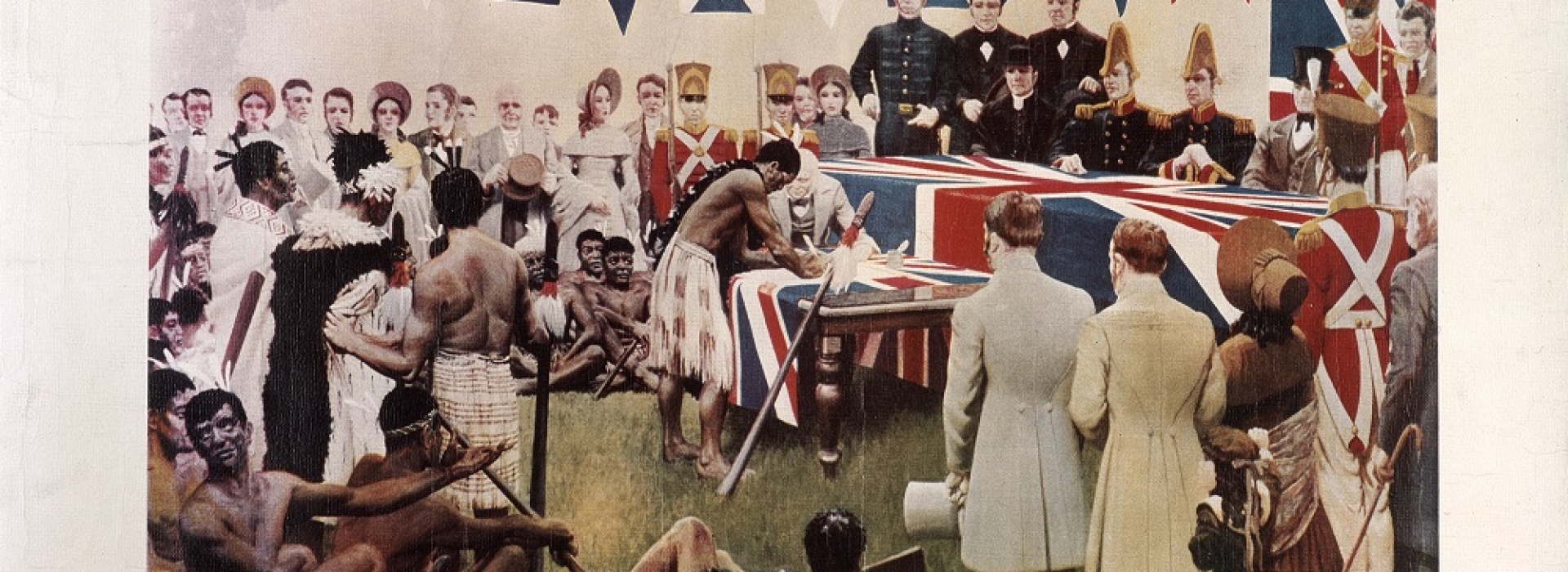
Te Tiriti o Waitangi. The Treaty of Waitangi.
Waitangi Day marks the signing of New Zealand’s founding document on the 6th February 1840 between the British Crown and Māori Chiefs.

Waitangi Day marks the signing of New Zealand’s founding document on the 6th February 1840 between the British Crown and Māori Chiefs.
Named after the place where it was first signed in the Bay of Islands, on the 6th February 1840, Te Tiriti (The Treaty) was signed between representatives of the British Crown and over 500 Rangatira (Māori chiefs/leaders) throughout the country.
It provided for the establishment of a Government by the Crown and guaranteed Māori ‘tino rangatiratanga’ (chieftainship) over their lands, villages, and ‘taonga’ (treasured cultural assets), as well as equal rights to all.
Since the signing of the treaty, successive governments have repeatedly breached it taking actions resulting in the loss of Māori land and language, and the decline of Māori health, economic, social, and cultural wellbeing.
In the 1960s and 1970s, a Māori renaissance and protest movements saw a public push for greater recognition of Māori rights under the treaty.
As a result, in 1975 the Waitangi Tribunal was established to hear claims of breaches of the treaty.
Since then, treaty settlements with the New Zealand government have gone some way to make economic, social, and cultural recompense back to Iwi and hapū (tribes).
Today, Waitangi Day means many things to many people, a day often marked by a mixture of celebration and protest.
On the 6th of February, New Zealanders everywhere have a day to, gather, spend time with family and friends, reflect on our country’s history, take stock of progress and challenges, and look forward.